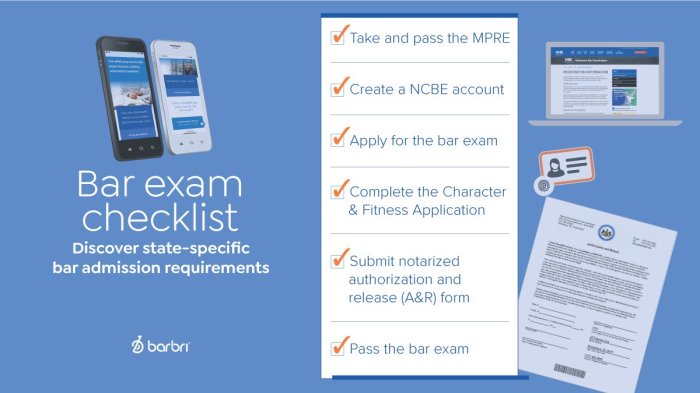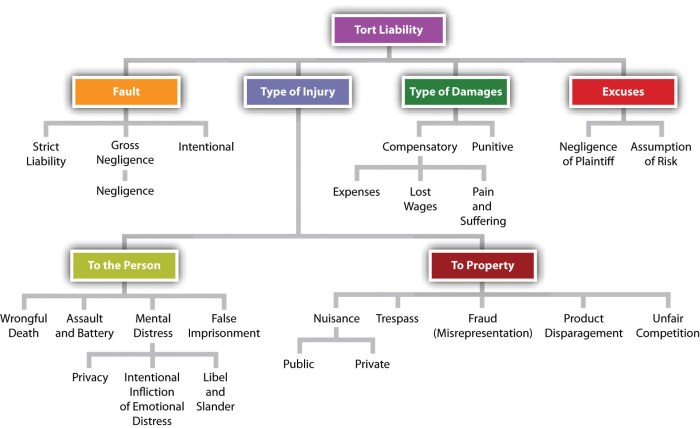
Is it against the law to record phone calls? The answer, surprisingly, is not a simple yes or no. It depends on where you are, who you’re talking to, and why you’re recording the conversation. This question delves into the complex world of privacy laws, consent, and the evolving landscape of technology.
Recording phone calls can be a powerful tool, offering evidence in legal disputes, protecting against harassment, or simply documenting important conversations. However, it’s crucial to understand the legal implications of recording conversations to avoid potential legal trouble.
Privacy Concerns and Recording Phone Calls

Recording phone calls raises significant privacy concerns, as it involves capturing and potentially storing sensitive personal information shared between individuals. It’s crucial to understand the potential risks and implement appropriate safeguards to protect individual privacy.
Potential Risks to Individual Privacy
Recording phone calls can pose various risks to individual privacy, depending on the context and the information being shared.
- Unauthorized Access and Disclosure: Recorded conversations could be accessed and disclosed without the consent of the individuals involved, leading to breaches of confidentiality and potential misuse of personal information.
- Surveillance and Monitoring: Recording phone calls can be used for surveillance and monitoring purposes, potentially violating the privacy of individuals and their right to private communication.
- Emotional Distress and Damage to Reputation: The disclosure of recorded conversations, especially those containing sensitive or private information, can cause emotional distress and damage to the reputation of the individuals involved.
- Legal and Ethical Concerns: Recording phone calls without proper consent can raise legal and ethical concerns, potentially violating privacy laws and principles of ethical communication.
Safeguarding Recorded Information to Protect Privacy
To minimize privacy risks associated with recording phone calls, it’s essential to implement appropriate safeguards for handling recorded information.
- Obtain Consent: Always obtain informed consent from all parties involved in the conversation before recording. This consent should be explicit, documented, and clearly explain the purpose of the recording.
- Limit Access and Storage: Restrict access to recorded information to authorized individuals only, and implement secure storage measures to prevent unauthorized access and data breaches. Consider using encryption or other security technologies to further enhance data protection.
- Data Retention Policies: Establish clear data retention policies that specify how long recorded information will be stored and when it will be deleted or destroyed. This helps to minimize the risk of data breaches and ensures that personal information is not retained for longer than necessary.
- Transparency and Disclosure: Be transparent about the recording practices and inform individuals about how their data will be used and stored. This fosters trust and promotes accountability.
Best Practices for Handling Recorded Phone Calls
To mitigate privacy risks, organizations and individuals should follow best practices for handling recorded phone calls.
- Clearly Communicate Recording Practices: Inform individuals at the beginning of the call that the conversation is being recorded, stating the purpose of the recording and any relevant legal requirements.
- Use Clear and Conspicuous Notices: Provide clear and conspicuous notices about recording practices, such as on websites, in contracts, or on phone systems.
- Record Only Necessary Information: Avoid recording unnecessary information that is not relevant to the purpose of the call. This helps to minimize the amount of personal data collected and stored.
- Securely Store and Dispose of Recordings: Implement robust security measures to protect recorded information from unauthorized access, disclosure, or alteration. Ensure proper disposal of recordings when they are no longer needed.
Technology and Phone Call Recording

Technology has significantly impacted the way we record phone calls. From basic tape recorders to sophisticated software applications, advancements have revolutionized the recording process, making it easier, more accessible, and more versatile.
Methods and Tools for Recording Phone Calls, Is it against the law to record phone calls
The evolution of technology has led to a diverse range of methods and tools for recording phone calls. These methods offer different levels of functionality, accessibility, and legal compliance.
- Traditional Analog Recording Devices: These devices, like cassette tape recorders, relied on physical media to capture audio. While simple, they lacked the features and flexibility of digital recording methods.
- Digital Voice Recorders: These devices, often compact and portable, use digital storage to record calls. They typically offer features like playback, time stamping, and file management.
- Computer Software: Numerous software applications are available for recording calls on computers. These programs often integrate with communication platforms like Skype or Zoom, enabling users to record conversations directly.
- Call Recording Services: Specialized services provide cloud-based call recording solutions, allowing users to record calls through their phones or internet connections. These services often offer features like transcription, storage, and security.
Legal Implications of Technology for Phone Call Recording
The use of technology for phone call recording is subject to legal regulations that vary depending on jurisdiction. It is crucial to understand and comply with these laws to avoid legal consequences.
- One-Party Consent Laws: In some jurisdictions, only one party to a conversation needs to be aware of and consent to the recording. This means that a person can record a call without informing the other party.
- Two-Party Consent Laws: In other jurisdictions, both parties to a conversation must be aware of and consent to the recording. This requires explicit notification and agreement from all participants.
- Exceptions: Some jurisdictions may have exceptions to these laws, such as for law enforcement or for recording calls for business purposes.
Technological Advancements in Phone Call Recording
Continuous technological advancements have significantly impacted phone call recording practices.
- Cloud-Based Recording: The advent of cloud computing has enabled users to record calls remotely, store them securely in the cloud, and access them from any device. This has increased accessibility and flexibility for recording.
- Artificial Intelligence (AI) Integration: AI technologies have been incorporated into call recording solutions, enabling features like automatic transcription, speaker identification, and sentiment analysis. This enhances the value and utility of recorded calls.
- Real-Time Transcription: Advancements in speech recognition technology have enabled real-time transcription of phone calls, providing instant access to written transcripts during or after a conversation.
Final Wrap-Up

Navigating the legal landscape of phone call recording requires a delicate balance between protecting your rights and respecting the privacy of others. Understanding the laws, consent requirements, and ethical considerations is essential. By being aware of these factors, you can ensure your phone recordings are legal and protect yourself from potential consequences.
FAQ Resource: Is It Against The Law To Record Phone Calls
Can I record a phone call without the other person’s consent?
It depends on the laws of your state or jurisdiction. Some states have one-party consent laws, meaning you can record a conversation as long as you are a party to it. Other states have two-party consent laws, requiring consent from all parties involved.
What are the consequences of illegally recording a phone call?
The consequences can vary depending on the jurisdiction and the specific circumstances. Penalties can include fines, imprisonment, and civil lawsuits.
Can I record a phone call for work purposes?
In most cases, businesses can record phone calls for legitimate business purposes, but they must inform their customers and comply with applicable laws.
What are some ethical considerations when recording phone calls?
It’s important to consider the privacy of the other person, the purpose of the recording, and whether the recording is necessary. Always be transparent about your recording practices and avoid recording conversations without consent unless there are clear legal exceptions.




